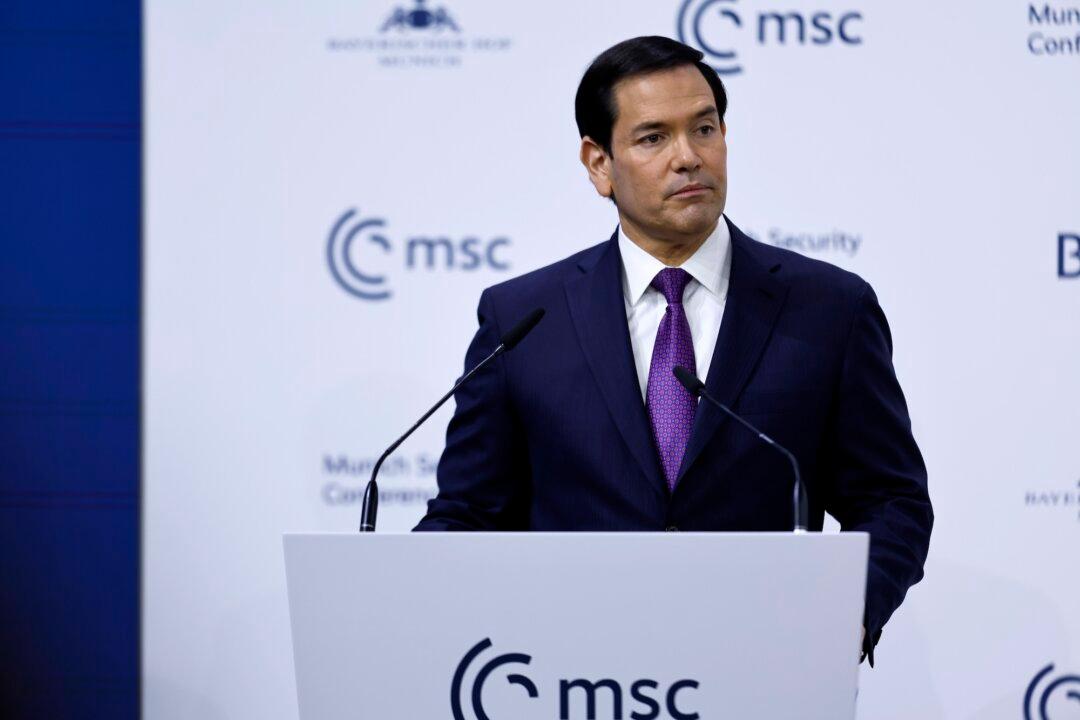A federal judge has denied a request to block Indiana University’s (IU) COVID-19 vaccine mandate after a group of students sued the school, claiming the inoculation requirement is unconstitutional.
Judge Damon R. Leichty of the U.S. District Court for the Northern District of Indiana, South Bend Division, said in an opinion issued on July 18 (pdf) that the plaintiffs—eight IU students who sued the university over the vaccine mandate—failed to establish “a likelihood of success on the merits of their Fourteenth Amendment due process claim, or that the balance of harms or the public’s interest favors the extraordinary remedy of a preliminary injunction.”





